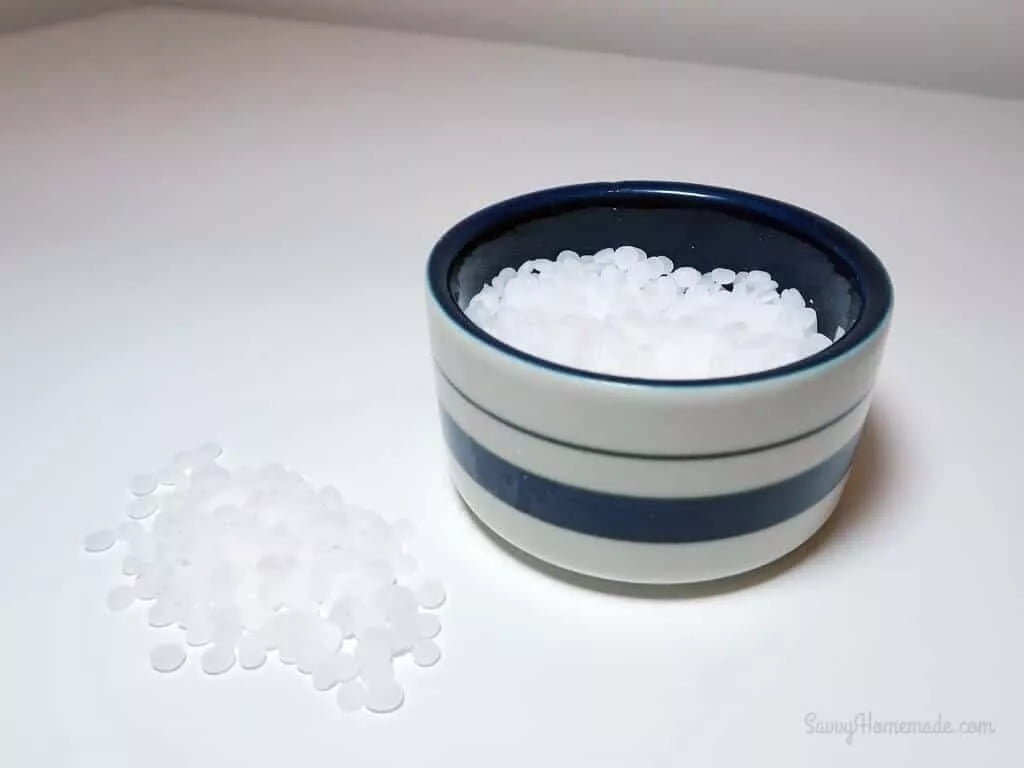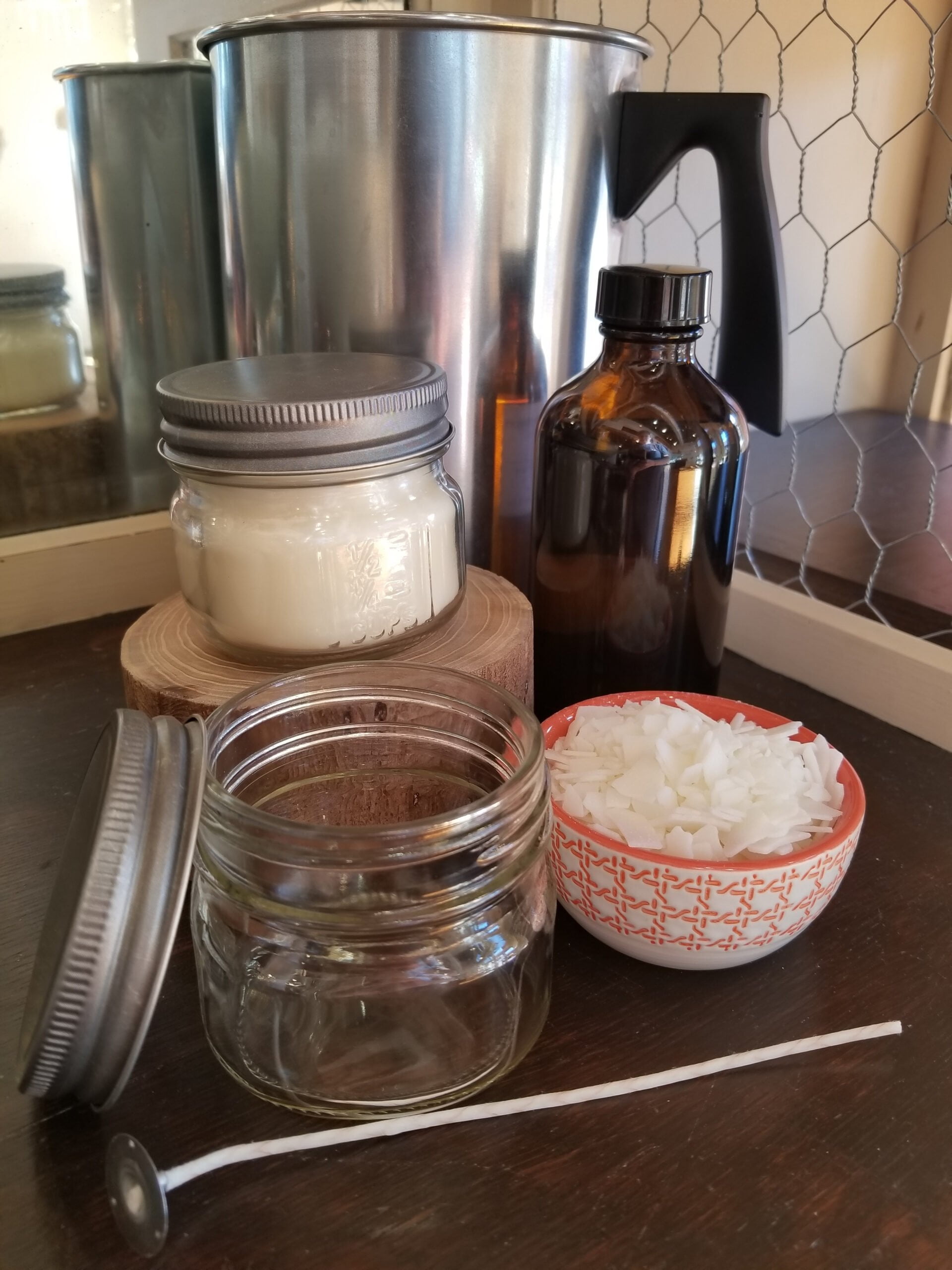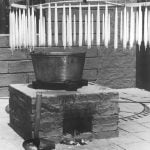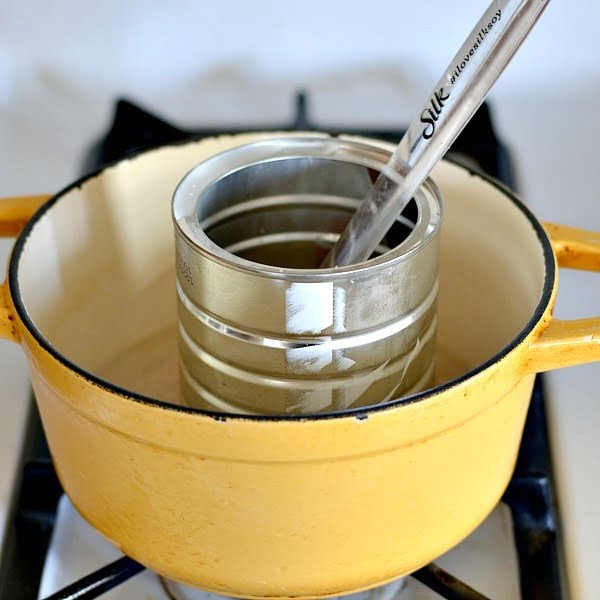Introduction to Pure Soy Wax for Candle Making
Pure soy wax is a processed form of 100% soybean oil and is popular amongst candle makers for its rich and natural aroma. It has gained popularity for being an eco-friendly, renewable, biodegradable product that does not contain additives or fillers – making it a better choice over paraffin wax or beeswax candles. Soy wax performs differently than other traditional wax varieties which must be taken into consideration when creating your candle. For example, the melting point is lower and requires a different wicking size since it is softer and less resistant to burning. Additionally, because of the low melting point, soy candles generally burn at a slower rate than other waxes. Furthermore, soy candles generally produce more hot throw as well as a smoother looking surface once solidified. This can be especially beneficial when making container or molded candles with intricate details in their shape. The natural aroma produced by pure soygives off a pleasant scent and often times manufacturers combine soy wax with fragrances to produce signature blends that have become popular among candle enthusiasts alike. Overall, the use of pure soywax has become increasingly appealing due to its numerous benefits – making it one of the hottest choices in candle making today!
Benefits of Using Pure Soy Wax
Pure Soy Wax is a great option for those looking to create eco-friendly and sustainable candles. This type of wax is made from 100% natural soybeans and does not contain any harmful additives that can release toxins into the air when burned. Additionally, it has a lower melting point which makes it easier to work with compared to other types of waxes. It also produces a longer burning time than other waxes due to its slower rate of evaporation, so your candles will last longer aswell. Furthermore, pure soy wax has excellent scent retention at higher temperatures; thus, allowing it to hold aromas much longer than other waxes allowing you to enjoy the aroma for hours or days! Finally, pure soy wax is biodegradable making it an ideal choice for those who are conscientious about their environmental impact when creating their homemade candles.
Preparing Pure Soy Wax for Candle Making
1. Begin by preparing the area for candle making. Make sure your work space is clean and well lit. Gather all of your necessary materials such as soy wax, wicks, jars or containers, thermometer, stirrers, fragrance oils and dye blocks (or liquid dyes).
2. Measure out the desired amount of soy wax needed to make the candle size that you want. Place the measured wax into a double boiler (or use an old large pot) on a low to medium heat so it can melt slowly.
3. Using the thermometer monitor the temperature of the melted wax at all times as it gets up to 200 degrees Fahrenheit. Once it reaches this temperature turn off heat and remove from element using oven mitts.
4. Now combine your chosen scents or essential oils with color blocks or liquid dyes placed directly into melted soy wax while stirring thoroughly with a spoon or chopstick.
5. Once combined allow the mixture to cool down until it reaches a lukewarm temperature – this usually takes about 15 minutes during which time you can prepare your wick for insertion in container/jar where candle will be placed , making sure too keep it centered evenly in jar/container . Tie each end at bottom of jar/container
so it stays in place ensuring your wicks stays straight when filling with wax mixture . We suggest pre tabbing wicks prior to addition so that you don’t have any issues with them coming lose during pouring process which could cause a mess and potential safety hazard .
6. Once combined mix has cooled and you have set Wick With Tab appropriately now you are ready pour combined hot melted soy wax into container / jars where candles will live! Pour wax slowly while maintaining an even layer throughout jar ending up within 1 – 2 cm from top of Jar before letting cool completely within 24 hours before trimming wick accordingly
Different Techniques for Making Candles With Pure Soy Wax
There are several types of wax that can be used for candle making, each with its own unique characteristics and uses. Pure Soy Wax is one of the most popular types used, as it is all-natural, sustainable, and eco-friendly. It has a melting point around 122 degrees Fahrenheit and holds scent incredibly well.
Pure soy wax can be used in different ways when making candles. For a more traditional look, container candles are popular; since soy wax has a low melting point it works perfectly for this application. Natural Beeswax is another type of wax often used for container candles as it adds a beautiful subtle color to the finished product. Paraffin wax, which has a higher melting point than soy wax but retains fragrances like soy, is also a good option for container candles as it can hold more color dye than pure Soy wax.
For floating or novelty type candles you may want to try using Gel Wax or liquid base candles mixed with fragrance and dye. Gel Wax holds its shape better than liquid and so makes for more creative options when creating novelty pieces such as sea shells filled with floating gel candlewax or alternative sculptural pieces such as love hearts or fairy shapes both delicate and ornamental. For those looking to reduce emissions in their burning pleasures Pillar Candles are ideal; they use relatively little material but produce tall dynamic decorations perfect for any occasion or special event such as weddings or anniversaries etc…. Again you have the choice between paraffin vs soy depending on your desired outcome.
Burning Candles Made With Pure Soy Wax
1. Trim the Wick Before You Light It: To ensure a longer and cooler burn, always trim your wick to ¼ before lighting each time.
2. Let Each Layer Burn: When you light the candle, allow it to burn until the wax is completely melted all the way across the container. This ensures that each layer burns evenly and avoids tunneling with just one side of the candle using up more wax than the other.
3. Burn Responsibly: Never leave a burning candle unattended or in an area where small children or house pets may come into contact with it. Always be sure not to keep your candles burning past four hours at a time for safety reasons and to avoid too much heat or smoke from collecting in a room.
4. Check for Damage During Burn Cycles: Consider starting small test-burns on several of your candles when they’re finished so you can monitor their performance and document any changes in size, shape, scent intensity or burn rate during successive burn cycles; these tests will pinpoint potential issues you might encounter further down the line that require further repairs or adjustments on future batches.
5. Reuse Containers: Finally, once soy candles have burned down, save those containers! Though not suitable for eating purposes after use as food grade containers, they make great storage, decorative pieces ” like soap holders ” and even planters depending on their form factor
Potential Issues When Making Candles With Pure Soy Wax
When working with pure soy wax for candle making, you may find that the melting temperature is significantly lower than other waxes such as paraffin. This means that it is tricky to use when creating multi-layered candles. You’ll need to be very aware of the temperatures of your single layers and ensure there’s enough time for each layer to set before adding the next one. In addition, you must take extreme care with the wick positioning of your multilayered candles because if the wick comes too far up the inside then it may shift when subsequent layers are added and cause uneven burning.
The low melting point of soy wax could also mean that some smaller containers or molds can be too fragile for the heat of melted soy wax, so you should use caution when selecting a suitable container or mold. To prevent warping or cracking due to heat, select containers or molds made from heat-resistant materials such as metal or ceramic.
In order to make beautiful candles using pure soy wax, you must also have an appropriate pour temperature range in mind as pouring it too hot could make some imperfections in your candles such as air bubbles, wet spots develop on top of your candles and/or cause jagged edges due to uneven cooling. When cooling, crystals may form around the entire surface of your candle which can ruin their look; make sure not to pour too cool either. As a general rule, between 140°F – 150°F (60°C – 65°C) should be high enough while below 120°F (49°C) might be a bit too low depending on the amount and fragrance loadings used. If using scent or colorants bear in mind these will influence this optimum melting/pouring temperature range accordingly as they will lower it over time (the more colored /fragranced added “the lower pour temp).
Summary
Pure soy wax for candle making is an increasingly popular choice among hobbyists and professionals alike due to its numerous advantages. This wax is derived from plant-based material and is non-toxic and eco-friendly. It has a longer burn time compared to traditional paraffin wax and can hold robust fragrances easily. Soy wax also burns cooler than paraffin, meaning there’s no risk of the heat producing chemical toxins; additionally, it produces clean burning without any soot. With soy candles, the colour and scent lasts longer than paraffin whereas using man-made dyes often results in blotchy hue after burning. Finally, pure soy candles are biodegradable when spilt or cleared away making them safe around children and animals.

Welcome to my candle making blog! In this blog, I will be sharing my tips and tricks for making candles. I will also be sharing some of my favorite recipes.





